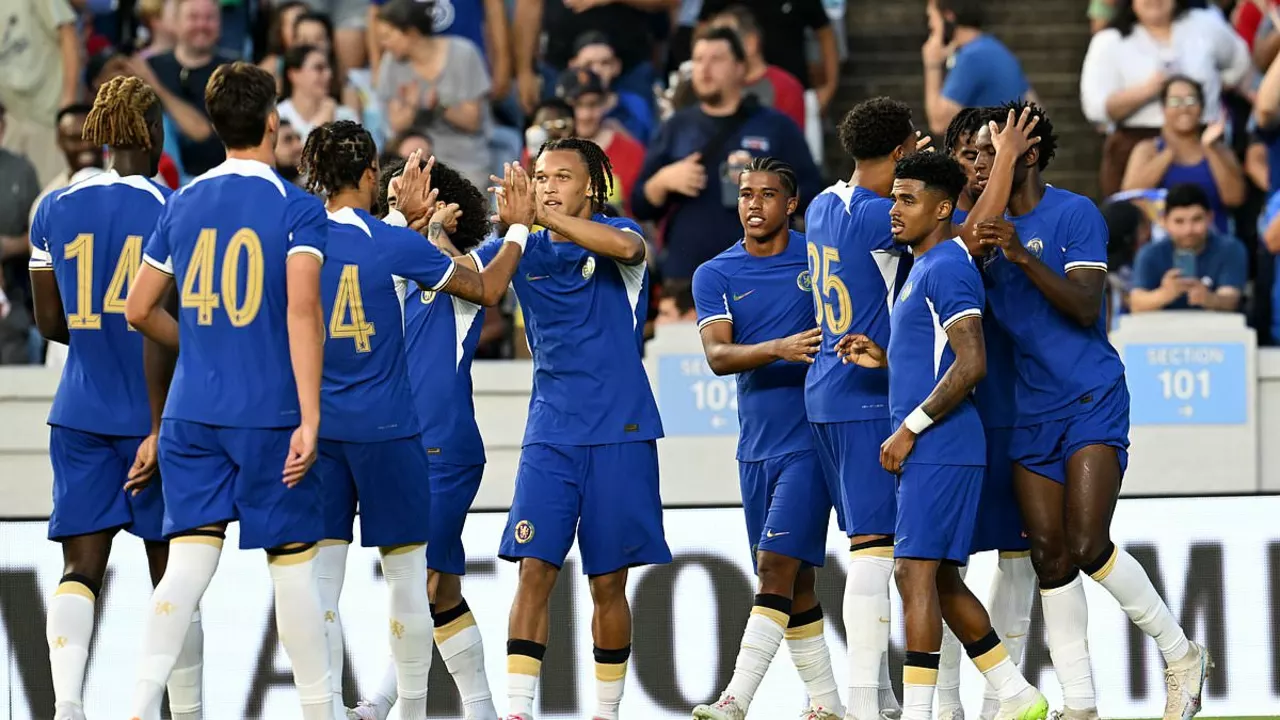
The Tradition of Winter Football
The tradition of playing football in winter has deep roots in the European culture. The inception of football in Europe dates back to the mid-19th century, and since then, winter has been the prime season for this sport. It's not primarily about the climatic conditions or the feasibility of the season, but it's more about the history and tradition that has been passed down the generations. In the initial days, football was not a professional sport and was played mostly during the festive season of Christmas and New Year. This is why most of the fixtures are scheduled around this time, making winter the iconic season for football in Europe.
The Importance of Weather Conditions
While tradition plays a significant role in determining the season for football, the weather conditions cannot be ignored. The moderate winter weather of Europe, especially in countries like England, Spain, Italy, and Germany, provides an ideal environment for players and fans alike. It's not too hot to cause exhaustion, and it's not too cold to hinder the game. The slight chill of the winter air also adds to the energetic atmosphere in the stadiums. Besides, playing in summer would mean competing with other major sporting events and holidays, which could affect the viewership and revenue.
The Impact on Player Performance and Health
Another crucial aspect of playing football in winter is its impact on the players' performance and health. Studies have shown that the cooler temperatures during winter can help enhance the players' endurance levels. It reduces the risk of overheating and dehydration, which are common issues in hot conditions. Furthermore, the winter break provides an opportunity for players to rejuvenate and recover, thereby reducing the risk of injuries. However, it's important to note that extreme cold conditions can also pose challenges, which is why appropriate precautions and measures are taken to ensure the players' safety and well-being.
The Role of Winter Breaks
Winter breaks are a key feature of many European football leagues. These breaks usually occur in December or January and last for a couple of weeks. The primary purpose of these breaks is to offer rest and recovery time to the players. It also provides an opportunity for teams to regroup and strategize for the upcoming matches. From a commercial perspective, these breaks can generate increased anticipation and excitement among fans, ultimately boosting the viewership and popularity of the leagues.
The Influence of Broadcast Schedules
Broadcasting plays a significant role in determining the schedule of football leagues. The winter season offers prime-time slots for broadcasters, which can attract more viewers. This, in turn, can result in increased advertising revenue. Moreover, the holiday season around Christmas and New Year offers an opportunity to attract a global audience, which is beneficial for the leagues as well as the broadcasters.
The Advantage of International Tournaments
Playing domestic leagues in winter also offers an advantage when it comes to international tournaments. Most international tournaments, such as the World Cup and the European Championship, take place in the summer. Hence, by playing domestic leagues in winter, players can remain in peak form during the international tournaments. This also provides an opportunity for leagues to wrap up before the international tournaments, thereby avoiding any clashes.
Conclusion: The Charm of Winter Football
In conclusion, the tradition of winter football in Europe is influenced by a combination of factors - historical traditions, weather conditions, player performance, winter breaks, broadcast schedules, and international tournaments. It's not just about the game, but the entire experience that comes with it. The thrill of watching your favorite team play under the floodlights on a chilly winter night, the anticipation during the winter break, the global community coming together during the festive season - all these elements contribute to the charm and popularity of winter football in Europe.


